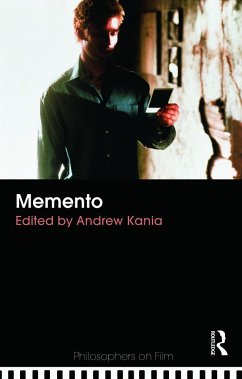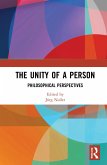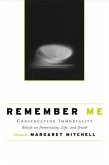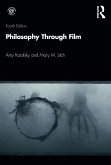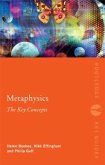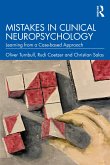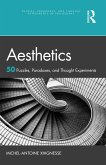Within a short space of time, the film Memento has already been hailed as a modern classic. Memorably narrated in reverse, from the perspective of Leonard Shelby, the film's central character, it follows Leonard's chaotic and visceral quest to discover the identity of his wife's killer and avenge her murder, despite his inability to form new long-term memories.
This is the first book to explore and address the myriad philosophical questions raised by the film, concerning personal identity, free will, memory, knowledge, and action. It also explores problems in aesthetics raised by the film through its narrative structure, ontology, and genre. Beginning with a helpful introduction that places the film in context and maps out its complex structure, specially commissioned chapters examine the following topics:
memory, emotion, and self-consciousness
agency, free will, and responsibility
personal identity
narrative and popular cinema
the film genre of neo-noir
Memento and multimedia
Including annotated further reading at the end of each chapter, Memento is essential reading for students interested in philosophy and film studies.
This is the first book to explore and address the myriad philosophical questions raised by the film, concerning personal identity, free will, memory, knowledge, and action. It also explores problems in aesthetics raised by the film through its narrative structure, ontology, and genre. Beginning with a helpful introduction that places the film in context and maps out its complex structure, specially commissioned chapters examine the following topics:
memory, emotion, and self-consciousness
agency, free will, and responsibility
personal identity
narrative and popular cinema
the film genre of neo-noir
Memento and multimedia
Including annotated further reading at the end of each chapter, Memento is essential reading for students interested in philosophy and film studies.
'A fascinating collection of essays, from a number of notable hands, on philosophical issues raised by one of the most mind-bending of recent films, Christopher Nolan's Memento. Anyone interested in what film might teach us about the nature of memory, self, knowledge, and narration will here find a rich source of reflections. The essays are admirably introduced by the editor, who also provides invaluable signposting to the structure and content of this most enigmatic of cinematic productions.' - Jerrold Levinson, University of Maryland, USA
'Memento is a remarkable narrative achievement and this book of philosophical essays - more conventional in structure than the film I'm glad to say - brings into sharp relief the ideas on persons, their mental and moral resources, that inform the film. Kania has chosen his contributors well; here analytic philosophy, so often portrayed as insensitive to artistic and imaginative aspirations, is very light on its feet.' - Gregory Currie, University of Nottingham, UK
'Memento is a remarkable narrative achievement and this book of philosophical essays - more conventional in structure than the film I'm glad to say - brings into sharp relief the ideas on persons, their mental and moral resources, that inform the film. Kania has chosen his contributors well; here analytic philosophy, so often portrayed as insensitive to artistic and imaginative aspirations, is very light on its feet.' - Gregory Currie, University of Nottingham, UK

